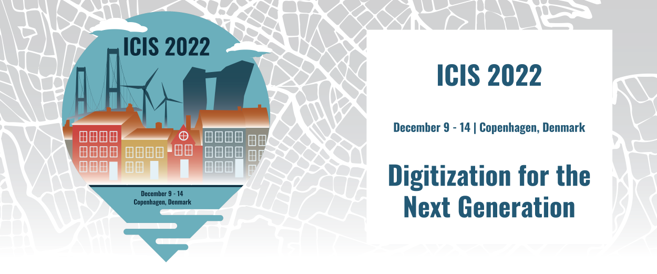Loading...
Paper Number
1975
Paper Type
Complete
Description
Crowdfunding platforms enable individuals or groups to appeal to the public to support a variety of ventures or campaigns. Whilst the majority of campaigns raise funds for private causes, some of the issues for which help is being sought have arisen as a direct consequence of world events and crises. Nevertheless, the research on charitable crowdfunding has largely ignored this connection. We use the COVID-19 pandemic, and related public health policies, to explore the impact of the global crisis on donation behavior on the donation-based crowdfunding platform GoFundMe. By using a quasi-experimental research design, we find that after the introduction of stay-at-home orders, campaigns in U.S. states with such measures experienced a significant decline in the number of donors and amounts donated, which is more pronounced for crisis-related than for non-crisis-related campaigns. Our findings contribute to the literature by providing novel insights on crowdfunding behaviors in times of societal crisis.
Recommended Citation
Althaus, Maike; Poniatowski, Martin; and Kundisch, Dennis, "Tackling Crises Together? – An Econometric Analysis of Charitable Crowdfunding During the COVID-19 Pandemic" (2022). ICIS 2022 Proceedings. 7.
https://aisel.aisnet.org/icis2022/soc_impact_is/soc_impact_is/7
Tackling Crises Together? – An Econometric Analysis of Charitable Crowdfunding During the COVID-19 Pandemic
Crowdfunding platforms enable individuals or groups to appeal to the public to support a variety of ventures or campaigns. Whilst the majority of campaigns raise funds for private causes, some of the issues for which help is being sought have arisen as a direct consequence of world events and crises. Nevertheless, the research on charitable crowdfunding has largely ignored this connection. We use the COVID-19 pandemic, and related public health policies, to explore the impact of the global crisis on donation behavior on the donation-based crowdfunding platform GoFundMe. By using a quasi-experimental research design, we find that after the introduction of stay-at-home orders, campaigns in U.S. states with such measures experienced a significant decline in the number of donors and amounts donated, which is more pronounced for crisis-related than for non-crisis-related campaigns. Our findings contribute to the literature by providing novel insights on crowdfunding behaviors in times of societal crisis.
When commenting on articles, please be friendly, welcoming, respectful and abide by the AIS eLibrary Discussion Thread Code of Conduct posted here.



Comments
05-SocImpact